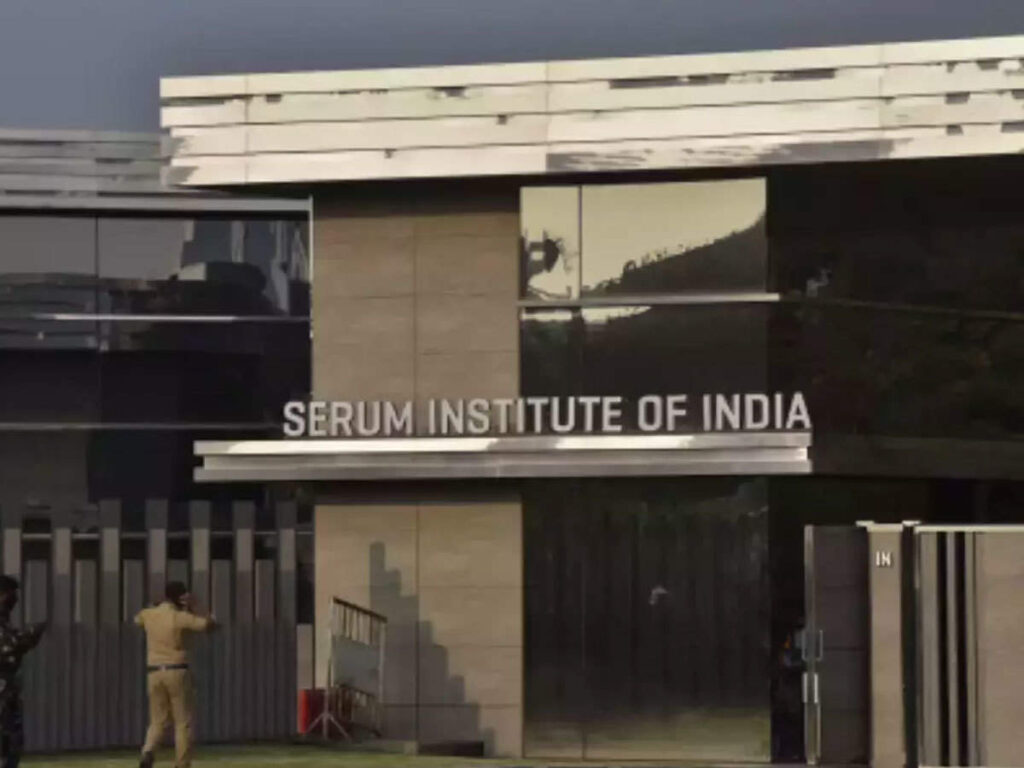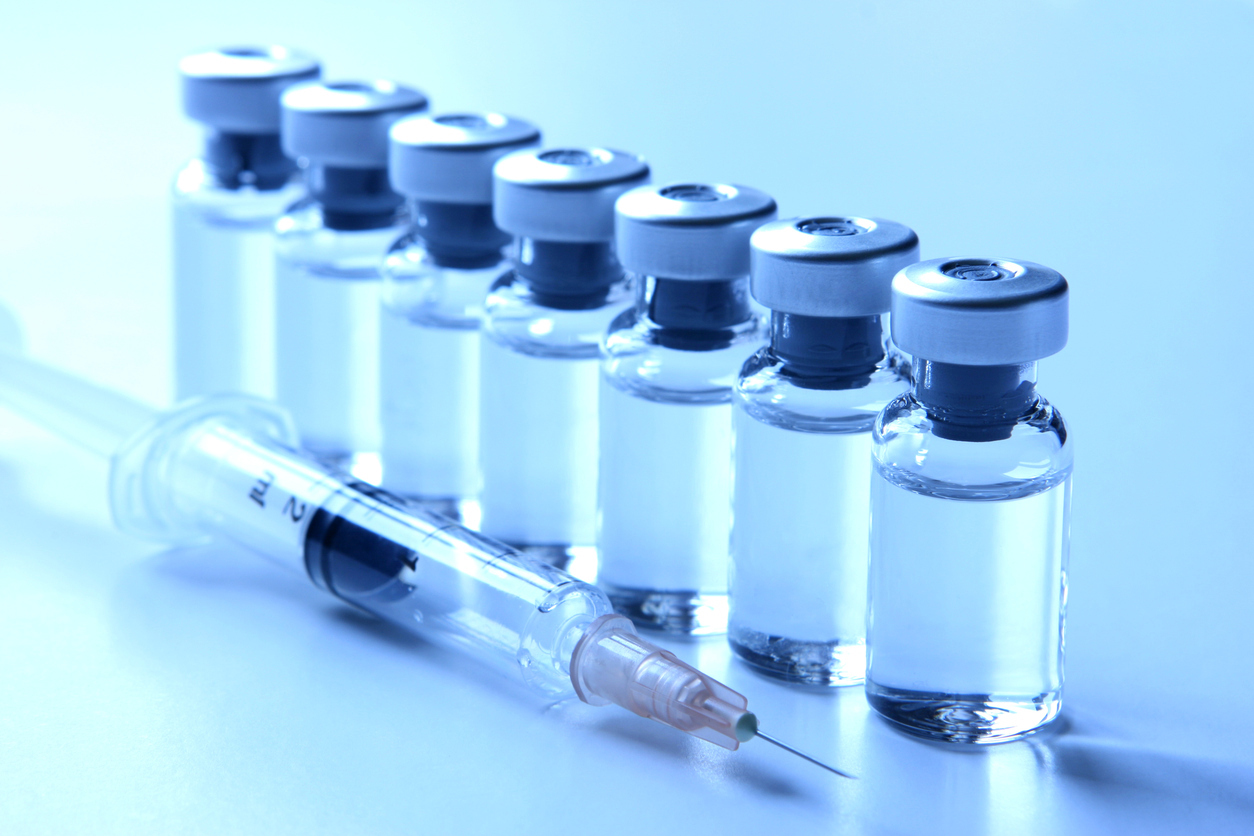According to official sources, the Serum Institute of India’s (SII) quadrivalent human papillomavirus (qHPV) vaccine ‘CERVAVAC’ will be available in the private market this month. SII, a Pune-based pharmaceutical company, developed CERVAVAC, a cervical cancer vaccine. It is the first qHPV vaccine developed in India. Each vial of CERVAVAC will be priced at Rs 2,000. Two doses can be administered using one vial. SII launched CERVAVAC on January 24, 2023, on the occasion of National Girl Child’s Day.
Cervical cancer is the second most common cancer among women aged 15 to 44 in India. The human papillomavirus causes the majority of cervical cancers, which are transmitted sexually.
CERVAVAC elicited a strong antibody response against all targeted HPV types, at all doses and ages. The response is nearly a thousand times greater than the baseline. The vaccine’s scientific completion was announced in September 2022.

What Are HPV Vaccines?
HPV vaccines protect against infection caused by human papillomaviruses (HPV), which represent a group of more than 200 related viruses. Of these, more than 40 are spread through direct sexual contact. As many as two HPV types cause genital warts, and about a dozen HPV types can cause certain types of cancer, namely cervical, oropharyngeal, vulvar, vaginal, penile, and anal cancers.
According to the US National Institute of Health’s (NIH’s) National Cancer Institute, three vaccines that prevent infection with disease-causing HPV are currently being marketed in many countries throughout the world. These are Gardasil, Gardasil 9, and Cervarix.
Gardasil is a quadrivalent vaccine, Gardasil 9 is a nonavalent vaccine, and Cervarix is a bivalent vaccine. This means that Gardasil, Gardasil 9, and Cervarix contain four, nine, and two strains of HPV, respectively.
Gardasil prevents infection against HPV types 6, 11, 16, and 18, and Cervarix prevents infection against HPV types 16 and 18. Gardasil 9 prevents infection against HPV types 6, 11, 16, 18, 31, 33, 45, 52, and 58. About 70 per cent of cervical cancers are caused by HPV types 16 and 18. An additional 10 to 20 per cent of cervical cancers are caused by the high-risk HPV types 31, 33, 45, 52, and 58.
How Does A Cervical Cancer Vaccine Work?
The SII’s tetravalent or quadrivalent HPV vaccine includes L1 virus-like particles (VLPs) of serotypes 6, 11, 16, and 18. A quadrivalent vaccine works by stimulating an immune response against four different antigens, such as four different viruses or other microorganisms. For instance, Gardasil is a quadrivalent vaccine that protects the body against infection with four different types of HPVs. Meanwhile, Gardasil 9 is a nine-drug vaccine which provides protection against HPV types 6, 11, 16, 18, 31, 33, 45, 52, and 58.
The L1 protein is sufficient to form virus-like particles, which are molecules that mimic viruses but are not infectious. These particles are an effective way of creating vaccines against diseases caused by HPVs, hepatitis B virus, among others.











More Stories
प्रदीप रंगनाथन: ना सिक्स पैक, ना फिल्मी बैकग्राउंड, फिर भी बैक-टू-बैक ब्लॉकबस्टर से फीस पहुंची 12 करोड़
Anxious Alia Bhatt opens up on India-Pakistan tensions, thinks of ‘soldiers who will never come home’ on Mother’s Day
Influence of Gambhir Grows, “Rare” Authority Claimed Post Kohli Decision